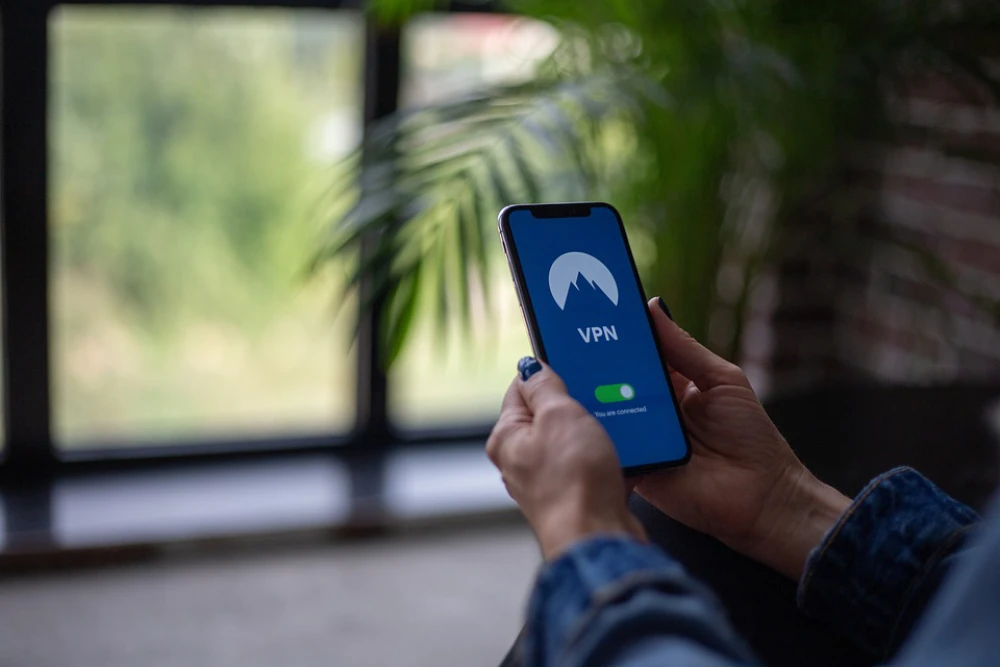Cybersecurity & Backup
How to transition to remote work?

Forms and solutions for remote work
Remote work doesn't look the same across companies. Depending on the activity, it can range from basic communication tools to a fully secured private network (VPN) to access files, folders and line-of-business apps. There is no one-size-fits-all remote work solution—only solutions adapted to your needs and ways of working.
At the lightest end: IP telephony (3CX, Aircall), video conferencing tools (Zoom, Skype), and internal messaging (Teams, Slack). These enable communication and file sharing but don't provide remote access. A step up: remote desktop tools to open a window into your office PC from home.
More advanced: a Virtual Private Network (VPN) that lets authorized employees connect securely to the corporate network and access servers, files and software. This is faster, more secure, and more pleasant than remote desktop and can be tailored to your needs. It's often the most stable, sustainable solution, but it requires some hardware plus well-configured software. Finally, a cloud option can offload part of the network and keep data available outside on-prem servers.
UTH's remote work solution: beyond tools—guidance & support
While many vendors push products, UTH advises and supports your company to implement remote work optimally. We assess your IT infrastructure, tools and processes to deliver a personalized solution. Beyond advice, UTH handles implementation, installation, and—if needed—maintenance and support. Our local hotline in France counts around thirty specialists and is open 7 days a week from 8:00 to 19:00.
MAG.
Wi-Fi & Network
Cybersecurity & Backup
Video Surveillance & Security
Consulting
IT Managed Services
Cybersecurity & Backup

Cybersecurity & Backup
Ransomware: How to Protect Yourself from Cyberattacks
Ransomware: what it is and why it is dangerous In simple terms, ransomware are computer viruses ...
+
+

Cybersecurity & Backup
Phishing: How to Spot a Fraudulent Email
Example of a Phishing Email Below is an email that appears completely legitimate. It asks a user ...
+
+
Your hotel deserves IT excellence
Let's discuss your challenges, whether you're in the hospitality sector or an SME.